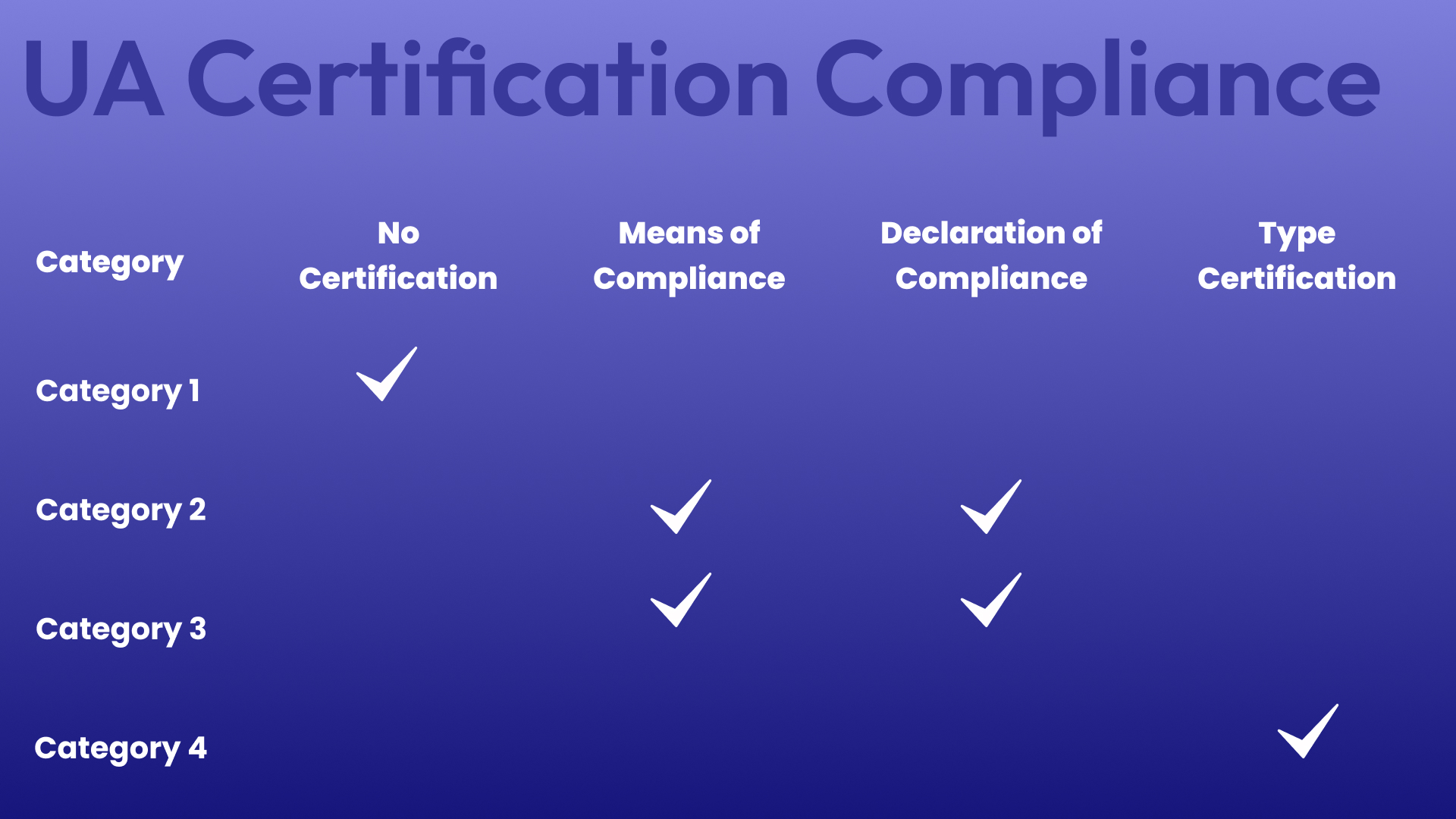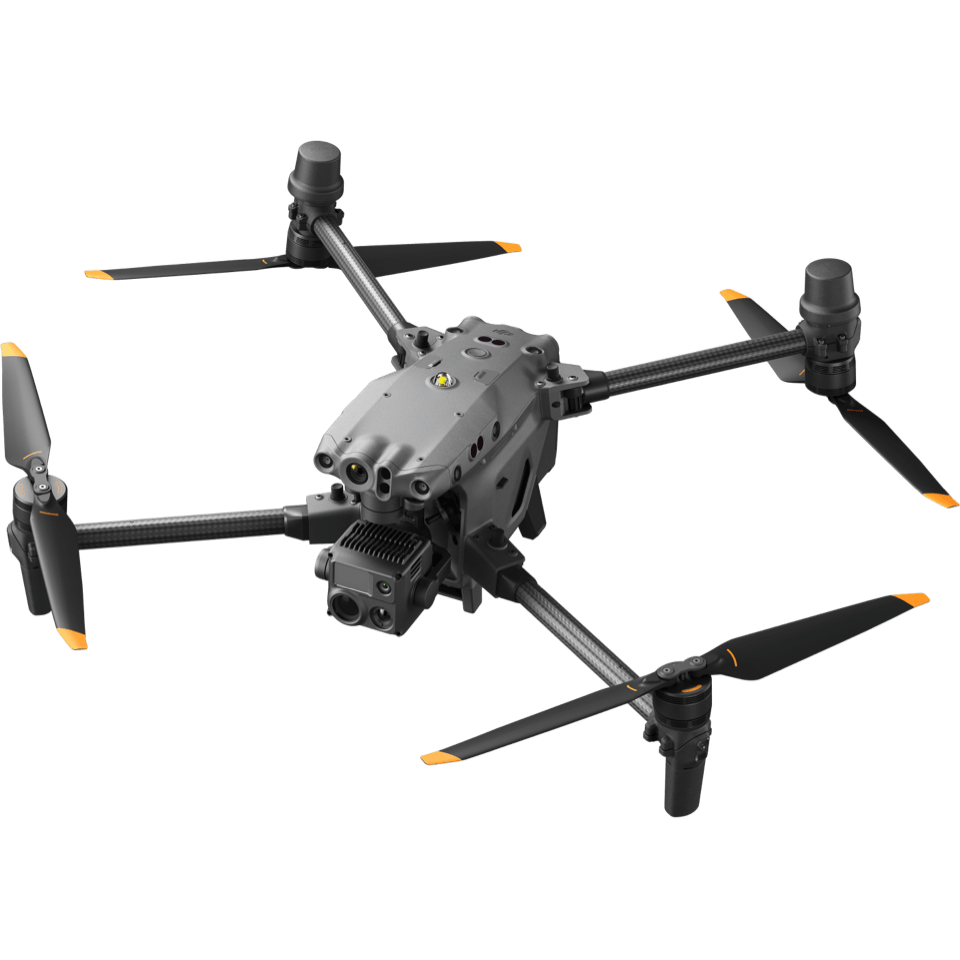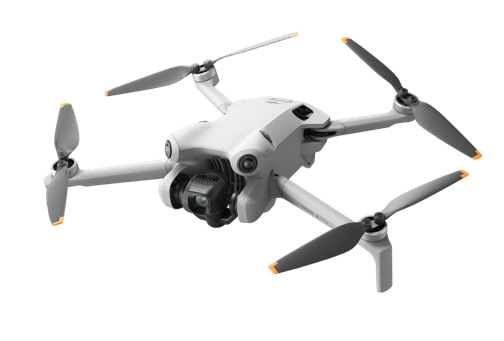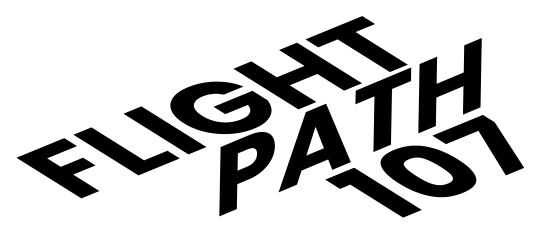Certificates of Compliance
Certificates of compliance refer to the specific approvals and regulations required for sUAS operations in different categories.
Depending on the category (1-4), the sUAS will require different certifications.
1. Means of Compliance (MOC):
The manufacturer is responsible for submitting the Means of Compliance (MOC) to the FAA.
MOC demonstrates that the UA meets specific safety criteria. This certification requires technical specifications, testing, and analysis demonstrating that the drone complies with FAA safety, operational, and technical standards.
2. Declaration of Compliance (DOC):
After the manufacturer completes the Means of Compliance (MOC), the operator (i.e. the person who registers the drone) submits the DOC to the FAA on the FAA DroneZone website.
The DOC is a formal legal statement confirming that the UA meets the approved safety standards and regulations, including requirements for Remote ID.
3. Type Certificate under Part 21 (Category 4 UA only)
Category 4 drones must go through a detailed certification process involving strict testing and documentation to meet safety and airworthiness standards. This is referred to as Category 4 Part 21 Type Certification.
Categories 1 -4 Certification Requirements
Category 1
No formal FAA certification required.
Pilot-In-Command (PIC) self-certifies that the drone meets safety requirements, such as weight limits and no exposed rotating parts.
Category 2
Requires both Means of Compliance (MOC) and Declaration of Compliance (DOC)
Category 3
Requires both Means of Compliance (MOC) and Declaration of Compliance (DOC)
Category 4
Requires Part 21 Type Certification

Real Example: DJI Matrice M30
The DJI Matrice M30 drone can be categorized under Category 2 or 3 depending on how it is configured and the the intended operations.
The classification depends on factors like weight, intended use, level of risk at given flight location.





